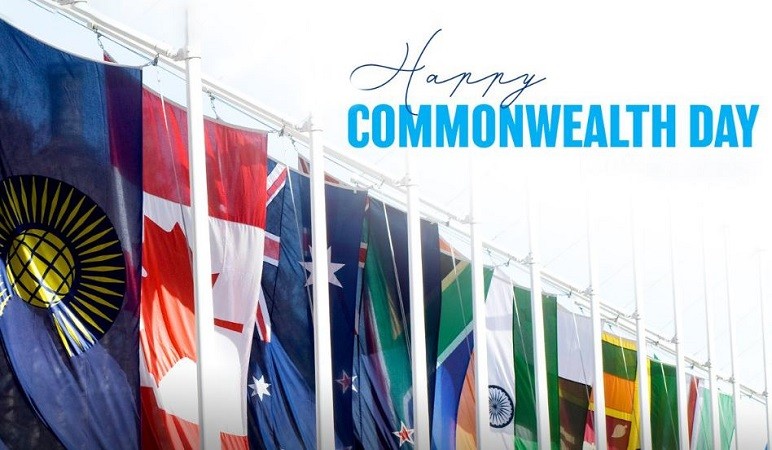
Commonwealth Day, observed annually on May 24th, is an occasion that brings together the diverse nations and peoples of the Commonwealth. This day holds great significance as it commemorates the formation and establishment of the modern Commonwealth, a voluntary association of 54 countries, predominantly former territories of the British Empire. Commonwealth Day is celebrated with enthusiasm and joy, highlighting the shared values, achievements, and aspirations of its member nations. Let's delve into the history, significance, and various ways in which this special day is celebrated.
History and Significance: The origins of the modern Commonwealth can be traced back to the early 20th century, when the first conference of British Empire leaders was held in 1926. The idea of fostering closer cooperation and understanding among member countries gained momentum over the years, leading to the establishment of the modern Commonwealth in 1949 with the signing of the London Declaration.
Commonwealth Day was first celebrated on May 24th, 1897, as Empire Day, to honor Queen Victoria's birthday. Over time, the focus of the celebration shifted to emphasize the unity and shared values of the Commonwealth, leading to the rebranding of Empire Day as Commonwealth Day in 1958.
The celebration of Commonwealth Day serves as a reminder of the principles and objectives outlined in the Commonwealth Charter, including the promotion of democracy, human rights, sustainable development, and the rule of law. It also highlights the diverse cultural, historical, and linguistic heritage of member countries, fostering a sense of belonging and mutual respect.
Theme and Observance: Each year, Commonwealth Day is celebrated with a specific theme that reflects the values and priorities of the Commonwealth. The theme sets the tone for various events, activities, and initiatives organized by member countries and Commonwealth organizations.
These celebrations often include flag-raising ceremonies, parades, cultural performances, seminars, discussions, and exhibitions. Commonwealth Day is also an occasion for leaders and representatives of member countries to address their nations and the wider Commonwealth community, reaffirming their commitment to shared goals and strengthening bilateral and multilateral ties.
The Queen's Baton Relay, a tradition that precedes the Commonwealth Games, is another significant event associated with Commonwealth Day. The baton travels through the member countries, carrying a message from Her Majesty Queen Elizabeth II, symbolizing the unity and cooperation within the Commonwealth.
Commonwealth Day in Recent Years: In recent years, Commonwealth Day has gained greater global recognition and participation. Member countries organize a wide range of events, engaging citizens of all ages, backgrounds, and interests. From schoolchildren learning about different cultures and traditions to professionals collaborating on sustainable development projects, Commonwealth Day celebrations offer a platform for meaningful engagement and dialogue.
Furthermore, the Commonwealth Heads of Government Meeting (CHOGM) is held every two years, providing an opportunity for leaders to discuss key issues and challenges facing member countries. The CHOGM also coincides with Commonwealth Day, reinforcing the importance of collaboration and cooperation in addressing global concerns.
Commonwealth Day, observed on May 24th each year, is a significant occasion that brings together the diverse nations and peoples of the Commonwealth. It serves as a reminder of the shared values, history, and aspirations of member countries. Through various events, initiatives, and the Queen's Baton Relay, Commonwealth Day fosters unity, cultural understanding, and collaboration among member nations. It reaffirms the Commonwealth's commitment to democracy, human rights, sustainable development, and the rule of law. As we celebrate Commonwealth Day, let us embrace the strength of our diversity and work together towards a more prosperous and inclusive future for all.